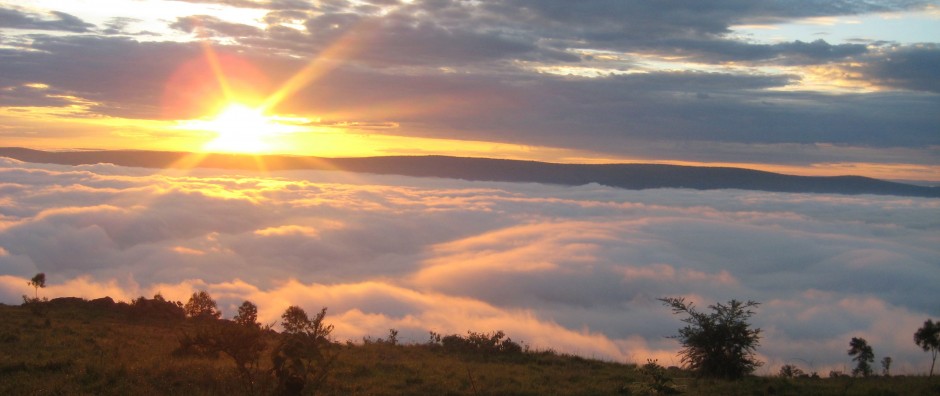After spending three months in Ngara, a place I now think of as home, it was odd to again feel like a tourist. Of course, I not only felt like a tourist, but in every sense of the word was a tourist. While I am acquainted with Tanzanian culture and the Swahili language, when I travel in Tanzania I am treated by people as they would treat any other tourist. This was especially clear on the island of Zanzibar, where I began my trip.
Zanzibar is a popular tourist destination for many Europeans. You might think of it as Europe’s Mexico, though the island is almost 100% Muslim, and nearly all the people who work in resort-type places come from the mainland, or from neighboring Kenya. The Muslims on the island are used to tourists, and many of them make a living from tourism by selling things, driving people around, and offering tours, among other things. As a result, it is nearly impossible to go anywhere without feeling like a tourist.
Indeed, it is impossible to walk down a street in Stonetown, the main city on the island, without hearing “Jambo,” the greeting that islanders give foreigners who they assume speak no Swahili. Jambo is not proper Swahili, but over the years it has developed into this common greeting, to which tourists are told to respond Jambo. Easy, right? This word has become so used that I noticed Zanzibaris actually greeting and responding to each other in such a way, despite that the fact that in non-slang Swahili, the greeting should be “Hujambo,” which is then replied to with “Sijambo.” This means literally, “Are there problems/matters with you?” Then, the response means, “There are no problems/matters with me.” As someone who speaks a little Swahili, I nearly always responded with “Sijambo,” which occasionally led to a string of Swahili greetings, but more often than not led to the greeter in question offering to sell me something. And in some cases, my response of “sijambo” actually made no sense, because the men trying to sell me things were actually beginning to croon a refrain from the popular tourist song “Jambo, jambo bwana,” in an attempt to sell the CD that I presume the song is on, and were not actually greeting me at all.
There is some arrogance in what you may think I am suggesting: that I am somehow not a tourist. In actuality, I am very much a tourist, but my experiences as a tourist are very much shaped by my experiences as a resident of Ngara, and the knowledge I have accumulated as a participant in and observer of Tanzanian culture. I feel like less of a tourist, despite the fact that in almost every way I am behaving like one, going to tourist bars and restaurants, hanging out at the beach, and spending far more money in a day than most of the people I am interacting with can imagine spending on themselves over the course of a month. Even when I eat at local places, and I am still very much a tourist. Maybe well off Tanzanians can afford to spend a $1 on breakfast every day, but to most Tanzanians that is a luxury they cannot afford. To some, eating breakfast at all is out of the question, while I can go to a tourist restaurant for breakfast and spend $10 almost without thinking about it. The staff of these restaurants – as people lucky enough to have a steady job in the tourism industry – presumably can afford to eat breakfast, but certainly they could never afford to actually have a meal at the place they are working,
Because of this I have very mixed feelings about being a tourist. Yes, my “tourist activities” are helping people make a living, but my own standard of living is so far beyond the standard of living of these people that I can drop what to them is unimaginable amounts of money on things that are entirely non-essential. In reality, this is not just my mixed feelings about being a tourist, but actually my mixed feelings about being someone of privilege: by the accident of my birth, and the country from which I am from, I am able to spend comparatively large amounts of money without thinking twice about it, while the people who handle the money are handling amounts that would make a tremendous difference in their life, and the lives of the people who live around them. I can, and do, tell myself that giving people money won’t solve any of the structural problems that create global inequity, but that doesn’t stop me from feeling guilty.
